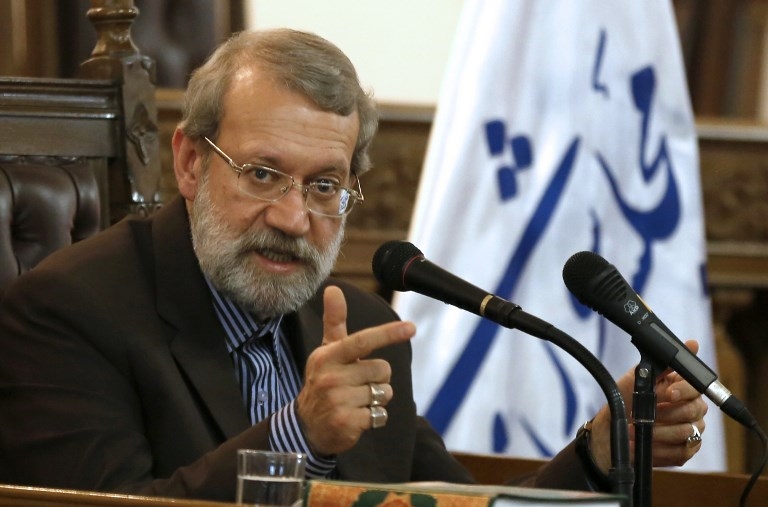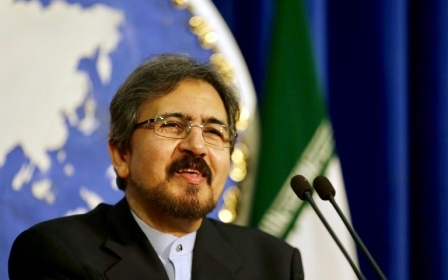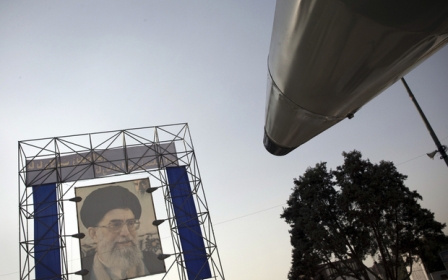Iran, Iraq sign deals to increase military cooperation

Iran and Iraq on Sunday signed deals aimed at boosting military cooperation during a visit by Baghdad's Defence Minister Irfan al-Hayali to Tehran.
In a memorandum of understanding signed by Hayali and his Iranian counterpart Hossein Dehghan, the neighbours agreed on a "wide range of military and defence cooperation," state news agency IRNA reported.
“The expansion of cooperation and sharing experiences in the fields of fight against terrorism and extremism, border security, training, logistics, technical and military supports were included in the MoU,” IRNA said.
Hayali, who was leading a military delegation, also met separately with parliament speaker Ali Larijani and Ali Shamkhani, secretary of Iran's Supreme National Security Council.
Larijani and Shamkhani emphasised the importance of "unity".
"Iran supports the unity of all groups and ethnicities in Iraq," the state broadcaster's website quoted Larijani as telling Hayali.
Larijani also underlined the importance of preserving Iraqi unity "because if it wasn't for the emergence of political differences, the Islamic State (IS) group would not have been able to penetrate there".
The Iraqi minister acknowledged Iran's help in the fight against IS and also stressed the importance of unity.
Iraq's Kurdistan region has announced it will hold an independence referendum in September.
"We will not let any political side disintegrate Iraq," Hayali said.
In his talks with Hayali, Shamkhani warned that "secessionist approaches can become a platform... to prepare the ground for insecurity and instability".
Tehran has been a key supporter of Baghdad in its fight against IS and has provided Iraq with financial and military help.
Iran has its own Kurdish population along its borders with Iraq and Turkey, and does not want to see Iraq's Kurdish region become an independent state.
US President Donald Trump, a vocal critic of Iran’s 2015 deal with world powers to lift some sanctions in exchange for curbs on its nuclear programme, has taken a hard line on Tehran since he took office in January, Radio Liberty said.
The US military has voiced concern over Tehran’s expansion and influence not only in Iraq but also the region, including in Yemen and Syria.
Middle East Eye propose une couverture et une analyse indépendantes et incomparables du Moyen-Orient, de l’Afrique du Nord et d’autres régions du monde. Pour en savoir plus sur la reprise de ce contenu et les frais qui s’appliquent, veuillez remplir ce formulaire [en anglais]. Pour en savoir plus sur MEE, cliquez ici [en anglais].




